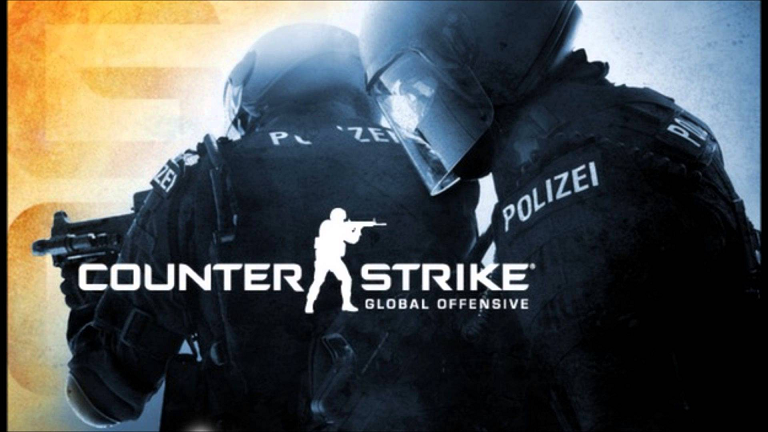In Counter-strike: Global Offensive players can earn cases containing weapons and cosmetic upgrades. These can be unlocked using keys bought either with in-game money or for real money. Player can no longer trade container keys between accounts. This is because this trade was discovered to be a part of a worldwide fraud network.According to sources nearly all of the trading was part of a money-laundering scheme.
Developer Valve has since then closed the market between players. “In the past, most key trades we observed were between legitimate customers,” the statement said. “However, worldwide fraud networks have recently shifted to using CS:GO keys to liquidate their gains. At this point, nearly all key purchases that end up being traded or sold on the marketplace are believed to be fraud-sourced.”

Total money laundered is unknown
While Valve didn’t go into too much detail, it is likely that the trading was used to launder money from credit card and other financial crimes. Selling and reselling of digital goods is one of the more popular ways of financial crimes. It is still unclear as to how much money has been laundered. Most of these boxes and keys sell for a dollar or more. Steam marketplace hosts hundreds of thousands of boxes and keys which have been traded online, therefore it is still hard to pin-point the amount of money lost.
Not the first time trading has been limited

This isn’t the first time Counter-Strike is seeing trading related fraud. In September of 2017, the Federal trade commission had arrived at a settlement with two youtubers that allowed fans to gamble their CS skins. They would advertise the gambling site to fans with clickbait titles like “How to win $15,000 in 5 minutes on CS GO”.
Valve has in fact taken several actions to limit abuse of the trading system. It limited trading when they came to know about gambling chips being used. It also stopped players in the Netherlands and Belgium from opening loot boxes after such mechanisms were ruled as “violating the local gambling laws”.







